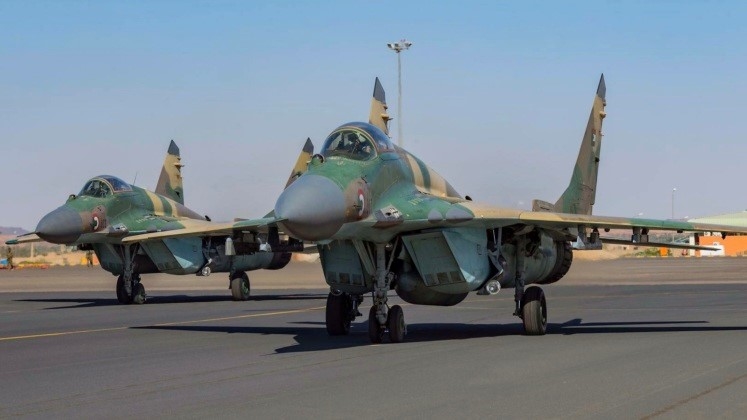Sudan’s representative to the United Nations has issued a strong appeal to the International Criminal Court (ICC) to open investigations into foreign nations and external actors accused of supporting the paramilitary Rapid Support Forces (RSF). Speaking before the UN Security Council, Ambassador Al-Harith Idriss said such involvement amounts to a “new crime of aggression.”
The ambassador emphasized Sudan’s ongoing cooperation with the ICC, pointing to a memorandum of understanding signed in 2021 and the government’s consistent facilitation of ICC missions. He urged the court to widen its investigation into the Darfur conflict by including the actions of “elements and personalities from foreign countries, whether in Sudan’s neighborhood, in Africa, or major regional sponsors.”
“We call on the Office of the Prosecutor to add to the investigation the elements and personalities from foreign countries,” Idriss stated. He alleged that these parties were enabling the RSF to “continue its attacks” by supplying “weapons, logistical support, food, supplies, drones, and missiles.”
The ambassador accused foreign entities of conspiring to fragment Sudan by backing the RSF in an attempt to establish “a parallel government.” He maintained that foreign mercenaries were being used in the conflict to help the paramilitary force seize Sudanese territory.
Ambassador Idriss also appealed for international support to ensure the ICC is adequately funded to carry out its mandate.
“Sudan appeals to the international community to provide sufficient financial and logistical support to enable the ICC to carry out its mandate regarding the investigation of serious crimes committed in Darfur.”
Ambassador Al-Harith Idriss
He warned that continued impunity for those responsible for crimes in Darfur would not only endanger peace and security in the region but also jeopardize the country’s broader goals of transitional justice and reconciliation. “The continuation of impunity not only threatens peace and security in Darfur, but it also undermines efforts for transitional justice and national reconciliation in Sudan,” Idriss said.
Sudanese Army Airstrikes Continue
As calls for justice grow louder, fresh violence continues to erupt across Sudan. A deadly airstrike conducted by the Sudanese army has reportedly killed at least eight civilians and wounded others in the city of Abu Zabad, located in West Kordofan state. According to a local emergency response group, the attack targeted two schools, Osama bin Zaid and Al-Wifaq, which were being used as shelters by displaced families.

The Abu Zabad emergency room described the strike as a “war crime” and accused the military of committing a “blatant defiance of all laws and customs.” Victims included children and elderly individuals who had sought refuge in the schools. The group urged both sides of the conflict to avoid targeting civilian areas, especially those hosting vulnerable populations.
In its statement, the emergency team also revealed that this was not an isolated incident. On June 10, a girls’ secondary school serving as a shelter in Abu Zabad was also bombed. Furthermore, the city’s central market has reportedly been hit at least three times in the past three weeks, leading to further civilian casualties.
Local reports suggest that the Sudanese military has recently ramped up its airstrike campaign across the Kordofan region, intensifying the toll on non-combatants. The mounting civilian death toll has sparked renewed concern from humanitarian groups and civil society organizations, who argue that the conflict is rapidly spiraling into an unchecked humanitarian disaster.
As the war in Sudan drags on, the spotlight remains fixed on those allegedly fueling the violence behind the scenes. Ambassador Idriss’ call for broader ICC investigations marks a significant escalation in Sudan’s diplomatic efforts to hold not only local actors but also foreign backers accountable for the devastation sweeping the country.
READ ALSO: Basintale Criticizes NPP’s Poor Strategy In Ablekuma North


















